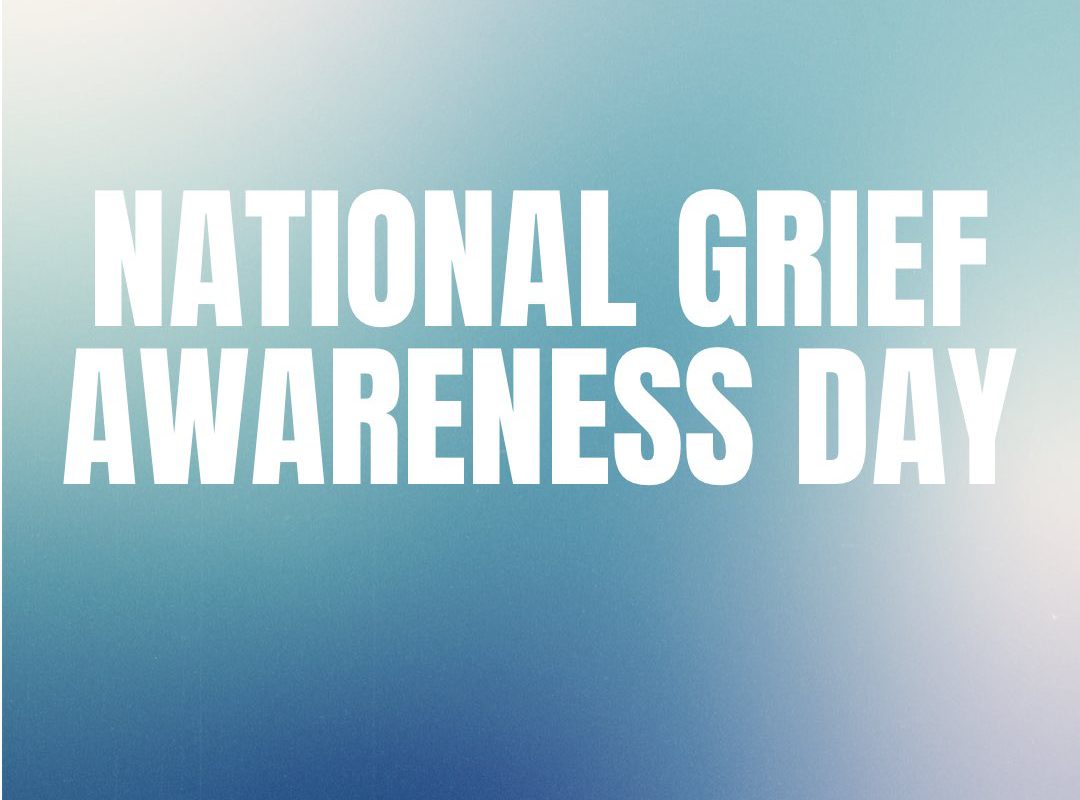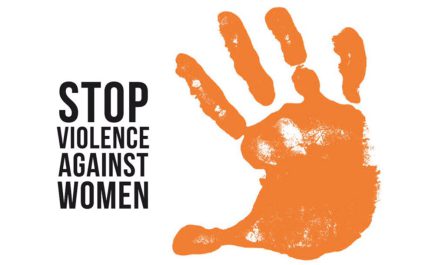National Grief Awareness Day
Grief is a universal human feeling, but it’s frequently ignored and misunderstood in the society we live in. National Grief Awareness Day is commemorated annually on 30 August to raise awareness of this crucial part of the human condition. It acts as a reminder to respect, honour, and support individuals who are grieving as well as to spread awareness of the grieving process.
Grief is a normal reaction to any kind of loss, including the death of a loved one, the breakdown of a relationship, a major shift in one’s circumstances, or even the loss of a dearly-held dream. It covers a broad spectrum of feelings, such as grief, rage, perplexity, and despair. The way that a person deals with loss and how they cope with it individually shape their individual grieving experiences.
Angie Cartwright, a grief counselor and the creator of the online forum “Grief Day By Day,” started National Grief Awareness Day in 2014. It was established by Cartwright to raise awareness of the significance of recognizing and helping those who are grieving. Cartwright was motivated to create the day by her own experiences with grief and the dearth of knowledge about the subject.
According to Cartwright, society frequently avoids talking about grief and seeks to downplay the effects it has on people. She created National Sorrow Awareness Day in an effort to open up dialogue about sorrow, combat cultural stigmas, and foster a society that is more compassionate and understanding of those who are suffering.
Since it began, National Grief Awareness Day has attracted support and participation from people, groups, and communities all around the US and abroad. It serves as a reminder of the ongoing need to confront and validate the experiences of those who are grieving and to offer tools and support to assist them as they travel the path to recovery.
To de-stigmatize grief and foster an environment that is safe for open communication is one of the main objectives of National Grief Awareness Day. People are frequently expected by society to get over their losses quickly or to control their emotions. But in actuality, grieving is a process that takes time and has a different length for every person. We can promote understanding, compassion, and support for those who are grieving by increasing awareness.
Grief management can be a difficult and intensely private process. Even though each person’s experience with sorrow is distinct, the following common tactics may be useful for people as they travel the path to recovery:
- Allow Yourself to Grieve: Give yourself permission to feel and express your feelings as you grieve. Recognizing and accepting the suffering and sadness that come with loss is crucial. The healing process might be slowed down by repressing or denying your emotions.
- Seek Support: Speak with loved ones, close friends, or organizations that can offer a sympathetic ear and support. It can be reassuring and helpful to discuss your thoughts and recollections with other people who have gone through similar losses.
- Practice Self-Care: Take care of your physical and emotional well-being by engaging in self-care. Take part in enjoyable activities that will relax you. Make getting adequate sleep, consuming wholesome foods, and exercising frequently a priority. During trying circumstances, self-care can provide you with a sense of security and support.
- Express Your Feelings: Find appropriate ways to express your emotions, such as writing in a journal, making art, or taking part in activities that help you deal with your loss. Speaking with a therapist or counselor can also provide a secure setting for you to explore your emotions and get advice.
- Honour Your Loved One: Look for heartfelt methods to pay tribute to and remember the person you’ve lost. This can entail assembling a memory box, penning a letter, growing a tree, or taking part in a memorial occasion. Celebrating their life and contributions can bring solace and a sense of community.
- Create a Routine: Creating a regular routine can offer stability and structure during a difficult time. You can regain a sense of normalcy and control in your life by partaking in familiar activities and keeping a regular schedule.
- Self-compassion and mindfulness exercises: Be mindful of your actions and self-compassion exercises. Allow yourself to mourn at your own speed without expectations or judgment. As you negotiate the ups and downs of the healing process, be kind and understanding to yourself.
Consider obtaining professional assistance from a therapist or counselor if necessary if you discover that your grief is too great and interfering with your everyday functioning. They can offer you direction, comfort, and specialized approaches to help you go through your grieving process.
It is to be noted that there is no right or wrong way to grieve; grieving is a special and individual emotion. Be kind to yourself, willing to ask for help, and give yourself time and space to heal on your own terms.
Communities, organizations, and individuals get together on National Grief Awareness Day to celebrate the process of healing. We have the chance to teach others and ourselves about the many facets of grief, including its physical, emotional, and psychological effects. It’s a moment to consider how, whether it’s through listening, lending a helping hand, or just being there, we may offer solace and support to people who are grieving.
This day also serves as a reminder to bereaved people to prioritize their own needs and get support when they require it. Understanding that grief is not something to be conquered but rather accepted into our life is crucial. Finding new meaning and acclimating to the new are both ongoing processes.
On National Grief Awareness Day, people are urged to reach out to those who are grieving and show them compassion and empathy. We are prompted to consider, “How can we better support those who are grieving within our communities?” by this. It is a call to action to create tools and programs that offer easily available assistance to those navigating the complicated emotions of sorrow.
National Grief Awareness Day is celebrated every year, but it’s not just one day. It is a continuous dedication to promoting understanding, developing awareness, and offering support to individuals who are mourning. It serves as a reminder that dealing with loss is a shared experience where communities can come together to provide comfort and healing.
Let’s keep in mind to be kind, tolerant, and sympathetic towards individuals who are grieving as we mark National Grief Awareness Day. Let’s establish a culture where mourning is respected, supported, and understood. Together, we can make a difference in the lives of people who are dealing with the devastating effects of loss by assisting them in finding comfort and hope as they move toward healing.




